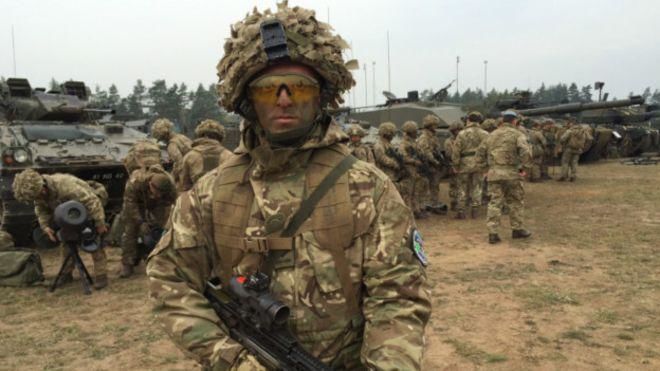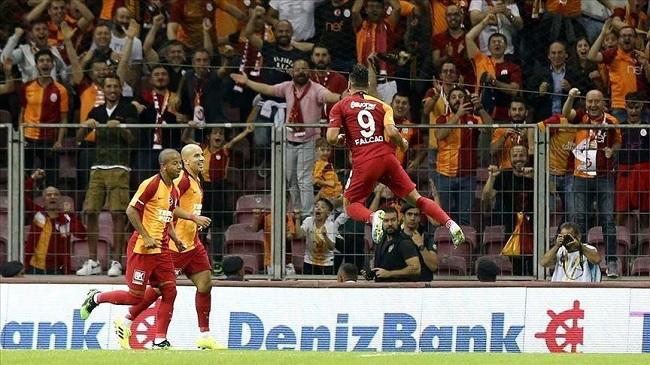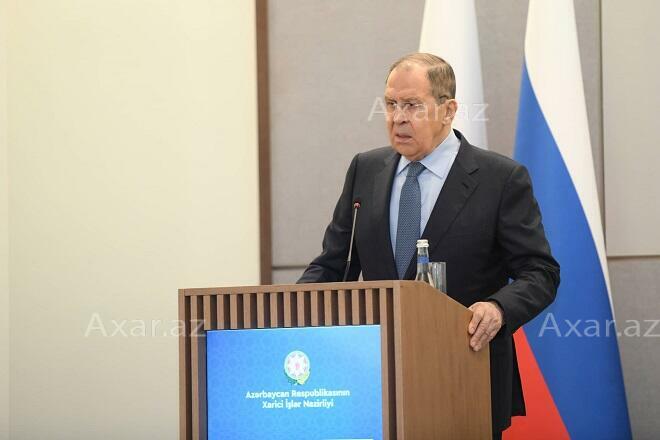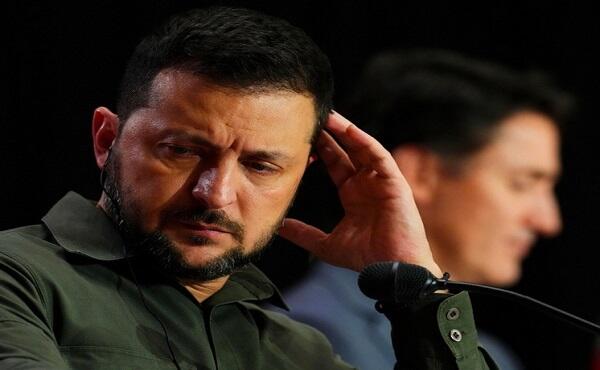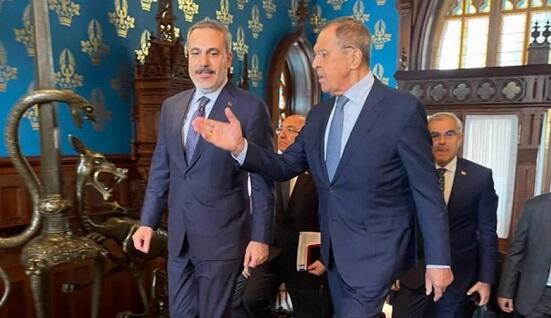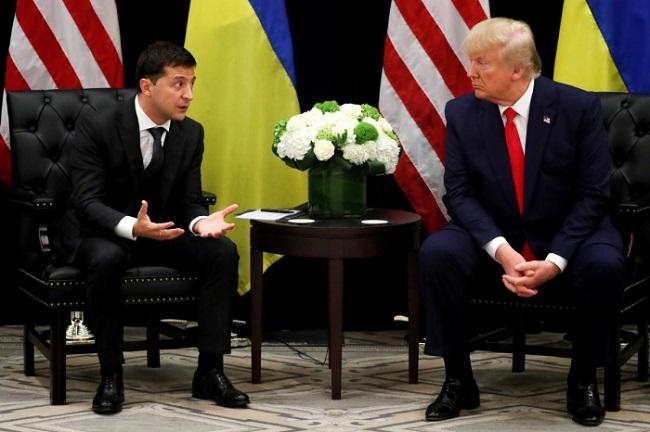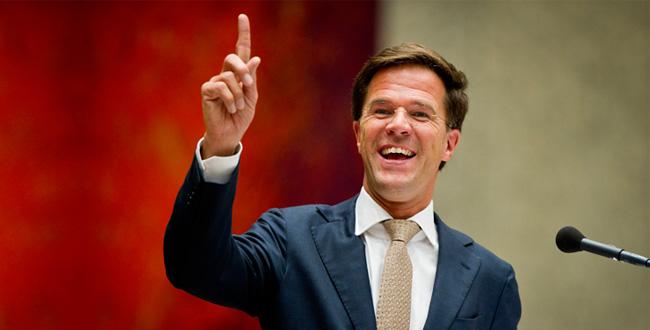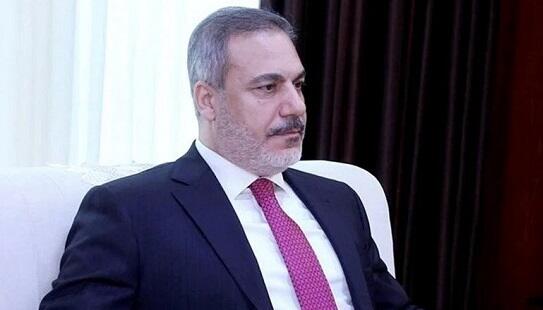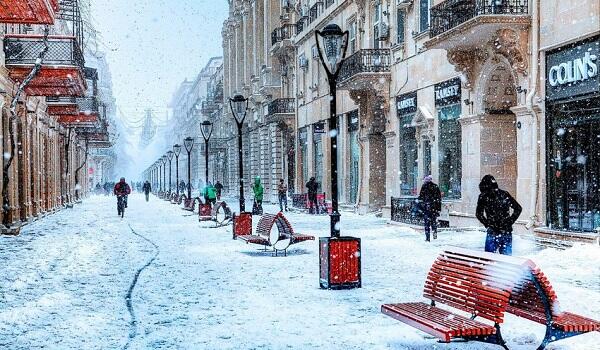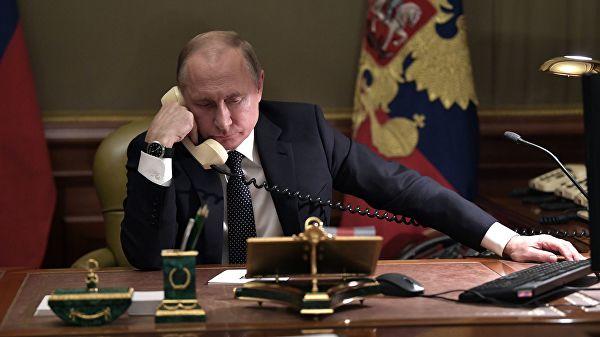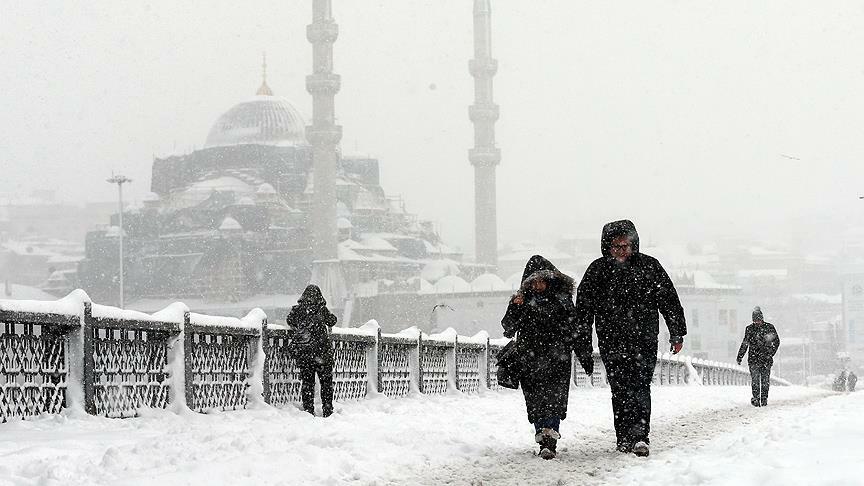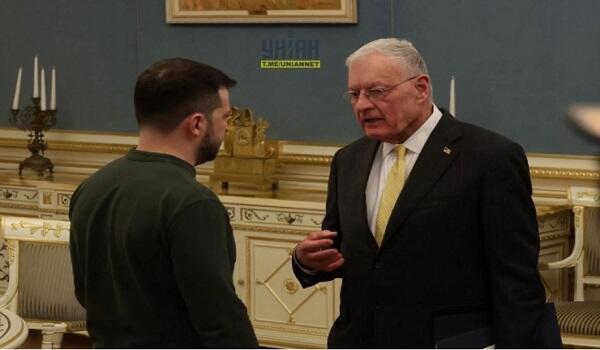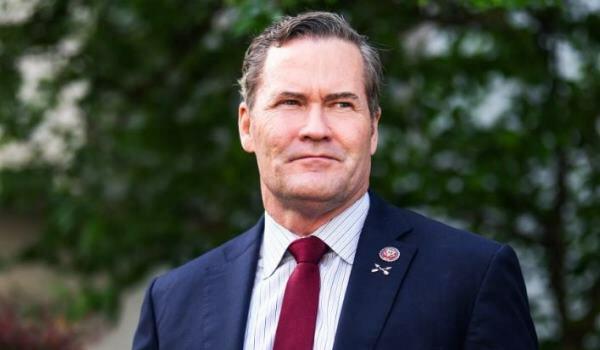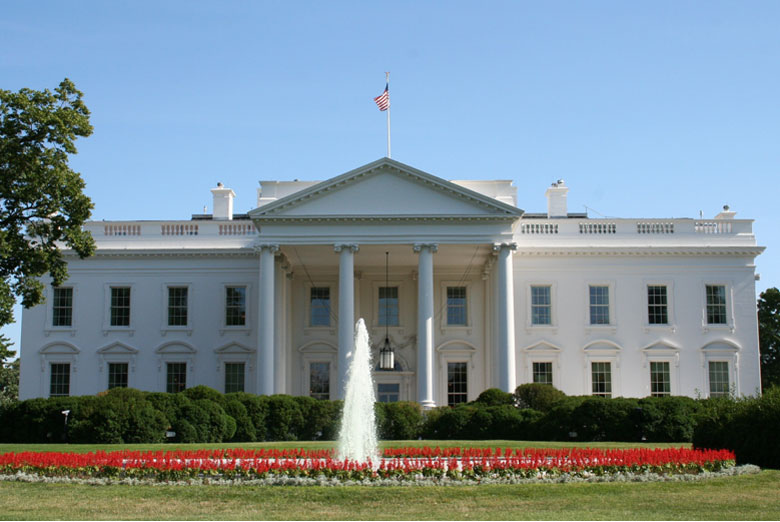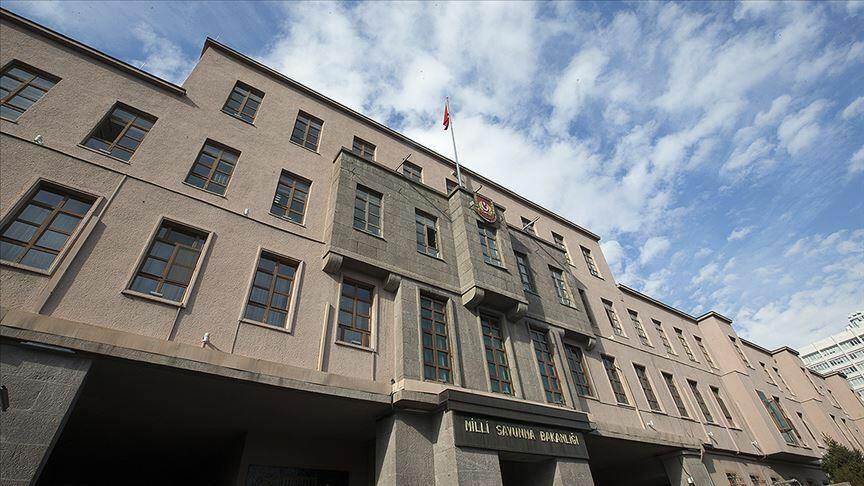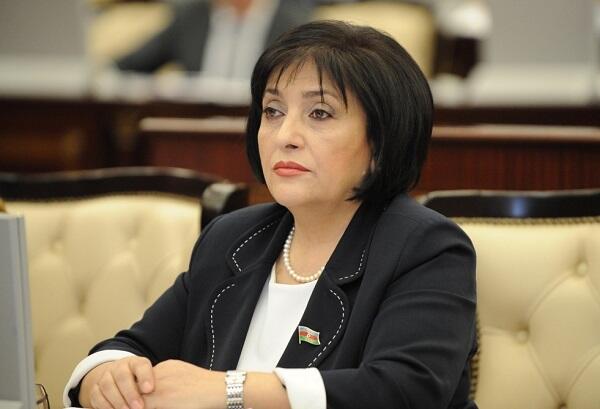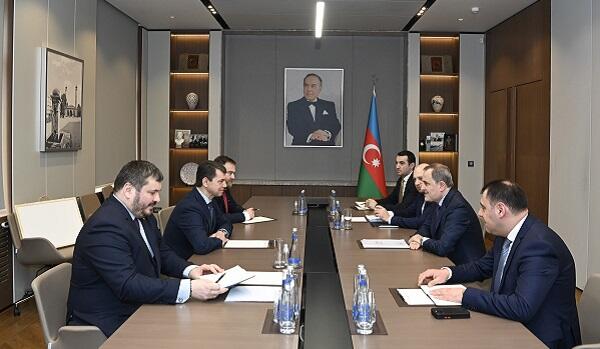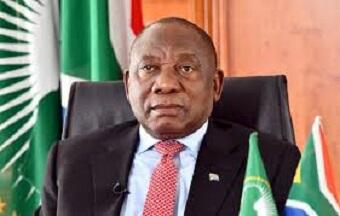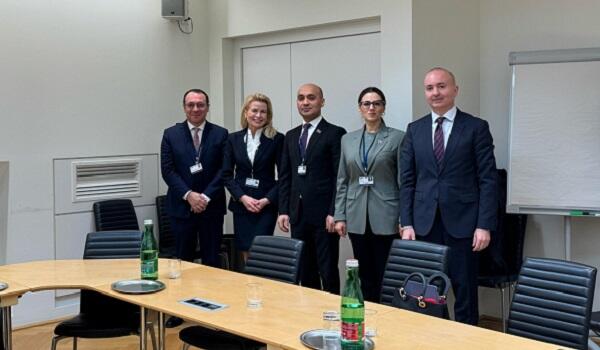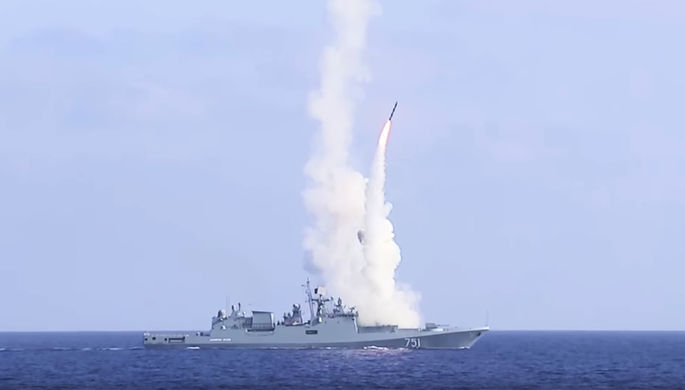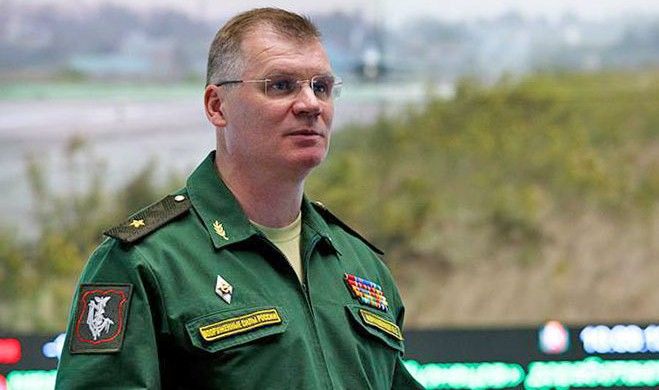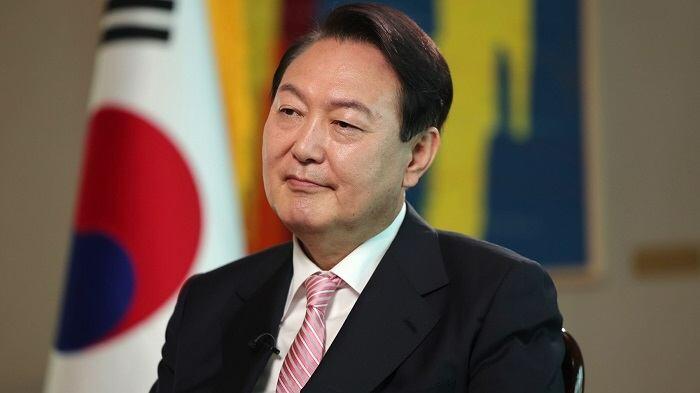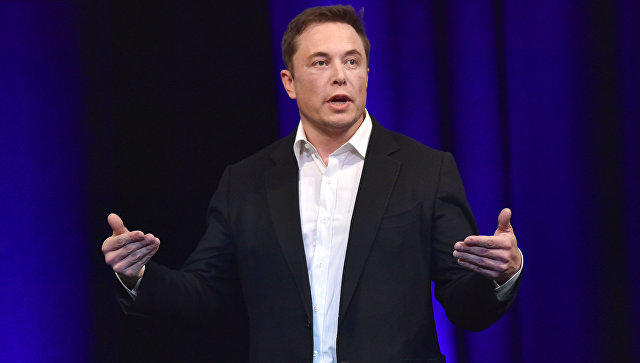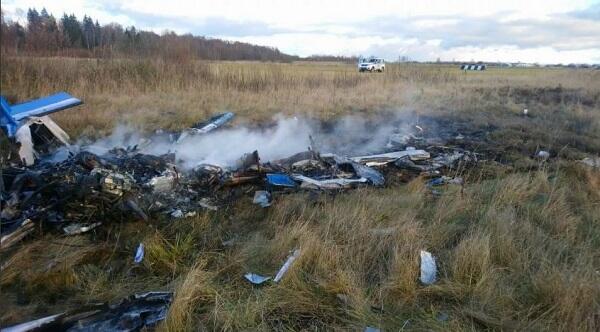Pope Francis, 88, has reportedly told aides he fears he "may not survive" amid his battle with double pneumonia.
Axar.az reports that he was hospitalized on February 14 at Rome’s Gemelli hospital after a week of bronchitis, reluctantly agreeing to admission when doctors warned he was at risk of death.
While the Vatican has stated his condition is "stable" and fever-free, reports suggest he is in intense pain, following strict medical orders, and preparing his legacy.
His hospitalization has forced the cancellation of all engagements, including his beloved Angelus sermon. The Vatican confirmed he has a polymicrobial respiratory infection, including asthmatic bronchitis, requiring extensive antibiotic treatment. Having had part of his lung removed years ago, Francis is particularly vulnerable to lung-related illnesses.
Despite his health struggles, the Pope remains in good spirits and is working to finalize reforms, appointing key figures to continue his progressive vision for the Church, including greater inclusivity and tackling child abuse scandals.
His approach has been met with both praise and criticism from different factions within the Church.
How will the next Pope be chosen?
When the Pope passes away, the Chamberlain confirms his passing and informs the cardinal vicar, who announces it. After nine days of mourning and burial, up to 115 cardinals under 80 gather in Rome for the Conclave. They hold secret discussions and vote in the Sistine Chapel until a consensus is reached. If no decision is made after 12 days, a Pope can be elected with over 50% of the votes. Black smoke signals ongoing voting, while white smoke announces a new Pope.
